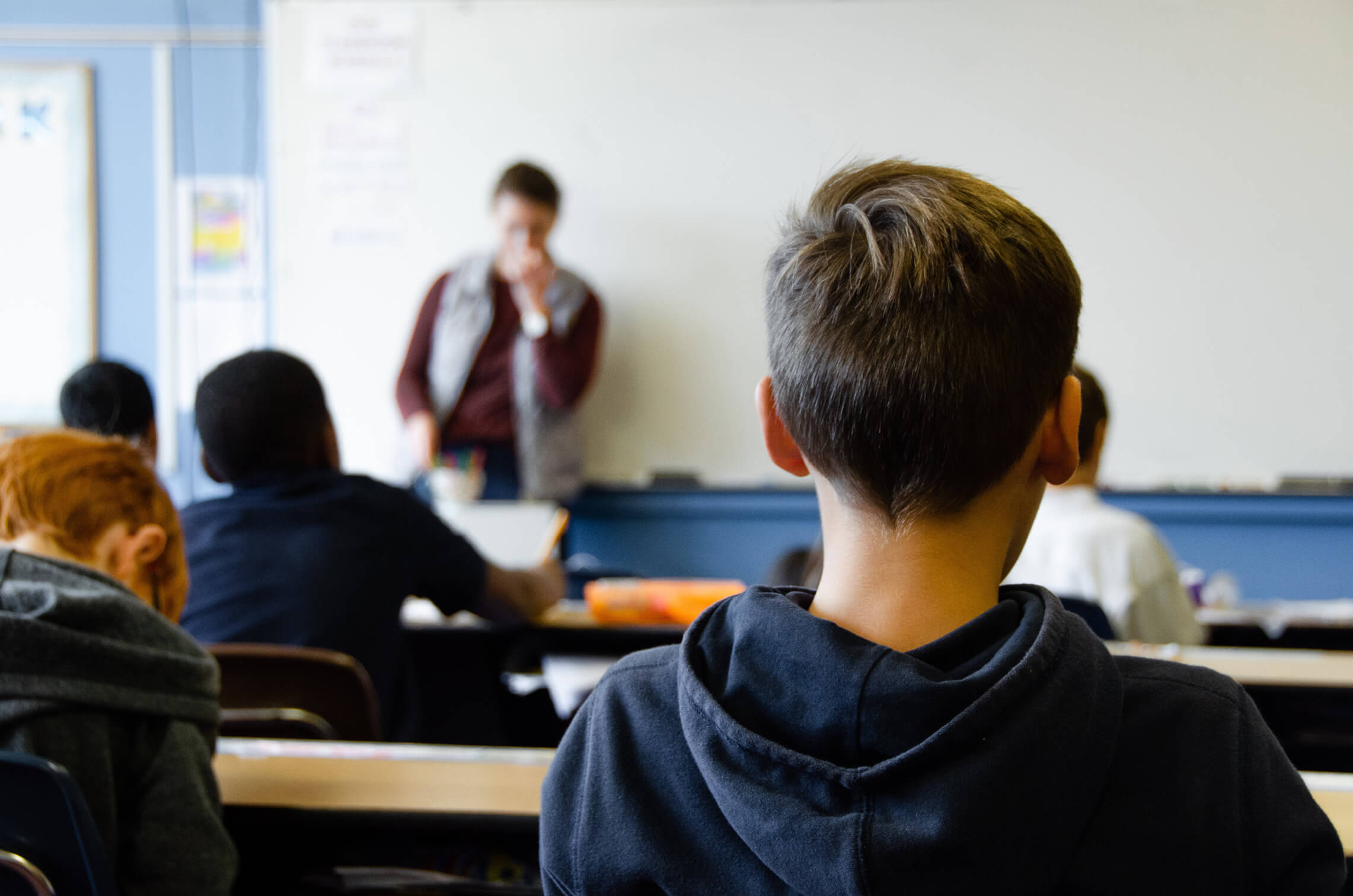

Improving academic outcomes by addressing students’ Low Trust of Self
In our series of blogs looking at the link between good self regulation, mental well-being and academic progress – today we look at the link between Low Trust of Self and improved learning outcomes.
Find out how STEER Tracking can improve learning outcomes in your school
Trust of Self is a measure of:
-
How much we trust or question our own qualities, skills, ideas and opinions.
-
How permeable our ‘boundary’ is;
-
How influenced we are by what is happening around us;
After a whole school STEER Tracking assessment round, the SLT sat down and looked at the data that came back. There was a clear trend staring us in the face. It was clear that Year 9 girls as an almost complete cohort were showing Low Trust of Self. Some of the team in the room felt that this trend had confirmed their gut feeling about this cohort. They had seen anecdotal evidence of a dwindling trust of self. They felt that this was manifesting itself in the classroom as well as other parts of school life. The girls seemed reluctant to express their voices. Now we have it affirmed in very clear data trends.
The next step was to put a ‘Cohort Action Plan’ in place and share it with staff. This didn’t take as long as we had anticipated. The platform carefully guided us to identify:
-
possible reasons for the Low Trust of Self as set out on the STEER platform;
-
what the risks to the pupils might be;
-
a range of clear, specific goals;
-
what to choose from a selection of signposts;
-
who to involve;
-
how to involve staff.
As Headteacher, I wanted to share this identified trend and our action plan with the entire staff team. I felt this was a whole school issue and it required a team response. So, as part of a Training Day, I shared the data and the plan and I tasked everyone in the room with identifying how they, or their team, could contribute to the Action Plan and where they felt they could put their initials.
I was pleased with the response as the staff went away into break out groups and brainstormed how their academic department or pastoral team or non-teaching team could look to make a difference.
“How can I possibly make a difference in the mental well-being of a group of students? My job is to get better academic outcomes.”
However, I did have one dissenting voice.
“As a Subject Lead, how can I possibly make a difference in the mental well-being of a group of students? That’s up to the Pastoral Team. My job is to get better academic outcomes in my subject department.”
I always welcomed challenging voices but will always look to provide a considered and polite response.
The first response was to remind everyone that mental well-being is a safeguarding issue and that all of us involved in the care of young people have joint responsibility for addressing all safeguarding issues for young people. Secondly, we also have joint responsibility for the academic outcomes of young people no matter what our role in the school is. The quality of the food affects well-being; the cleanliness and tidiness of the school inside and outside affect well-being, and the quality of the lessons affects well-being. Equally, the quality of our pastoral care affects academic outcomes. Finally, we all know happy children become more motivated and are more likely to over-perform.
In addition, with the help of STEER Tracking, I was able to justify this at a more granular level:
Year 9 girls with Low Trust of Self are:
-
Less likely to engage in lessons esp. if required to contribute orally / in front of others.
-
Less likely to raise a hand or seek teacher input if confused.
-
Less likely to share ideas or opinions.
-
More likely to rely on others which limits their own learning.
-
More likely to feel inappropriate pressure on self which leads to burn-out and powerlessness.
-
More likely to be over-sensitive to feedback and very self-critical.
So I challenged the Subject Lead to think about how they might address each of these issues by altering their pedagogy and lesson planning in their subject. They came up with:
-
No hands-up policy;
-
Targeted questioning;
-
Talking sticks;
-
Think Pair Share;
-
Play “For and Against”;
-
Changing the seating plan;
-
Carefully selected groups to work together;
-
Alternative, less public, voice gathering exercises e.g. Post-It notes etc.
My incentive to the Subject Lead was that not only will they be addressing the mental well-being of Year 9 girls but the welcome by-product will be improved learning and, by extrapolation, better academic progress and outcomes in their subject.
Equally, my Pastoral Teams came to realise that their work on addressing Polar Low Trust of Self not only improved the mental well-being of the Year 9 girls but happy by-product was improved academic outcomes all around.
I was satisfied that we were on the first step to equalising the learning experience for girls and boys and, more importantly, creating a positive cultural change in the overall universal care of the young people in the school.





